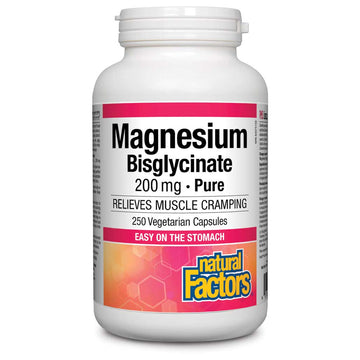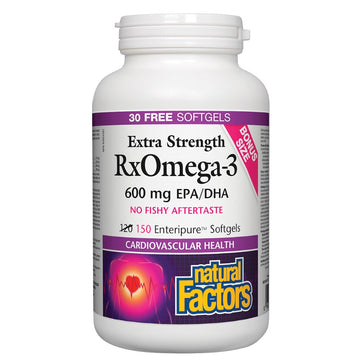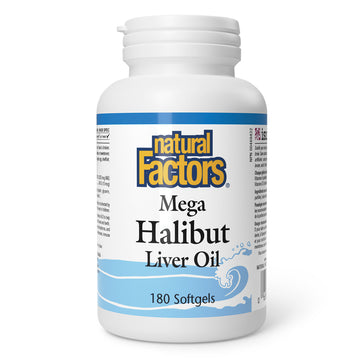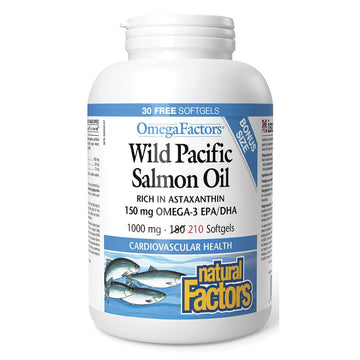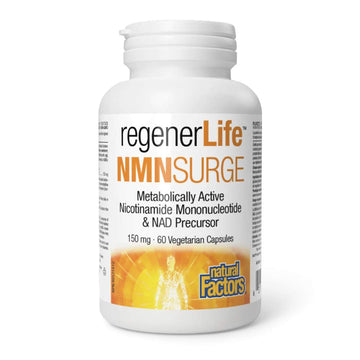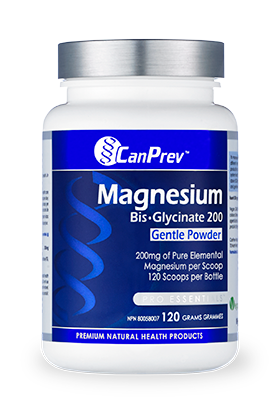Best vitamins & supplements for Metabolic syndrome
(398)
Metabolic syndrome is a group of risk factors that increase the likelihood of developing heart disease, diabetes, and stroke. It is characterized by a combination of high blood pressure, high blood sugar, excess body fat around the waist, and abnormal cholesterol levels.
There are several supplements that may be helpful in managing the symptoms of metabolic syndrome, including:
Omega-3 fatty acids: These essential fats are believed to have anti-inflammatory properties and may be helpful in reducing the risk of heart disease.
Fiber: Fiber helps to regulate blood sugar levels and may be helpful in reducing the risk of diabetes.
Magnesium: This mineral is important for maintaining healthy blood pressure and may be helpful in reducing the risk of heart disease.
Coenzyme Q10: This antioxidant is important for maintaining healthy heart function and may be helpful in reducing the risk of heart disease.
It's important to note that while these supplements may be helpful in managing the symptoms of metabolic syndrome, they are not a substitute for proper medical treatment. If you are experiencing symptoms of metabolic syndrome, it's important to speak with a healthcare provider for proper diagnosis and treatment. It's also important to maintain a healthy diet, exercise regularly, and manage stress to help reduce the risk of developing metabolic syndrome.
There are several supplements that may be helpful in managing the symptoms of metabolic syndrome, including:
Omega-3 fatty acids: These essential fats are believed to have anti-inflammatory properties and may be helpful in reducing the risk of heart disease.
Fiber: Fiber helps to regulate blood sugar levels and may be helpful in reducing the risk of diabetes.
Magnesium: This mineral is important for maintaining healthy blood pressure and may be helpful in reducing the risk of heart disease.
Coenzyme Q10: This antioxidant is important for maintaining healthy heart function and may be helpful in reducing the risk of heart disease.
It's important to note that while these supplements may be helpful in managing the symptoms of metabolic syndrome, they are not a substitute for proper medical treatment. If you are experiencing symptoms of metabolic syndrome, it's important to speak with a healthcare provider for proper diagnosis and treatment. It's also important to maintain a healthy diet, exercise regularly, and manage stress to help reduce the risk of developing metabolic syndrome.


